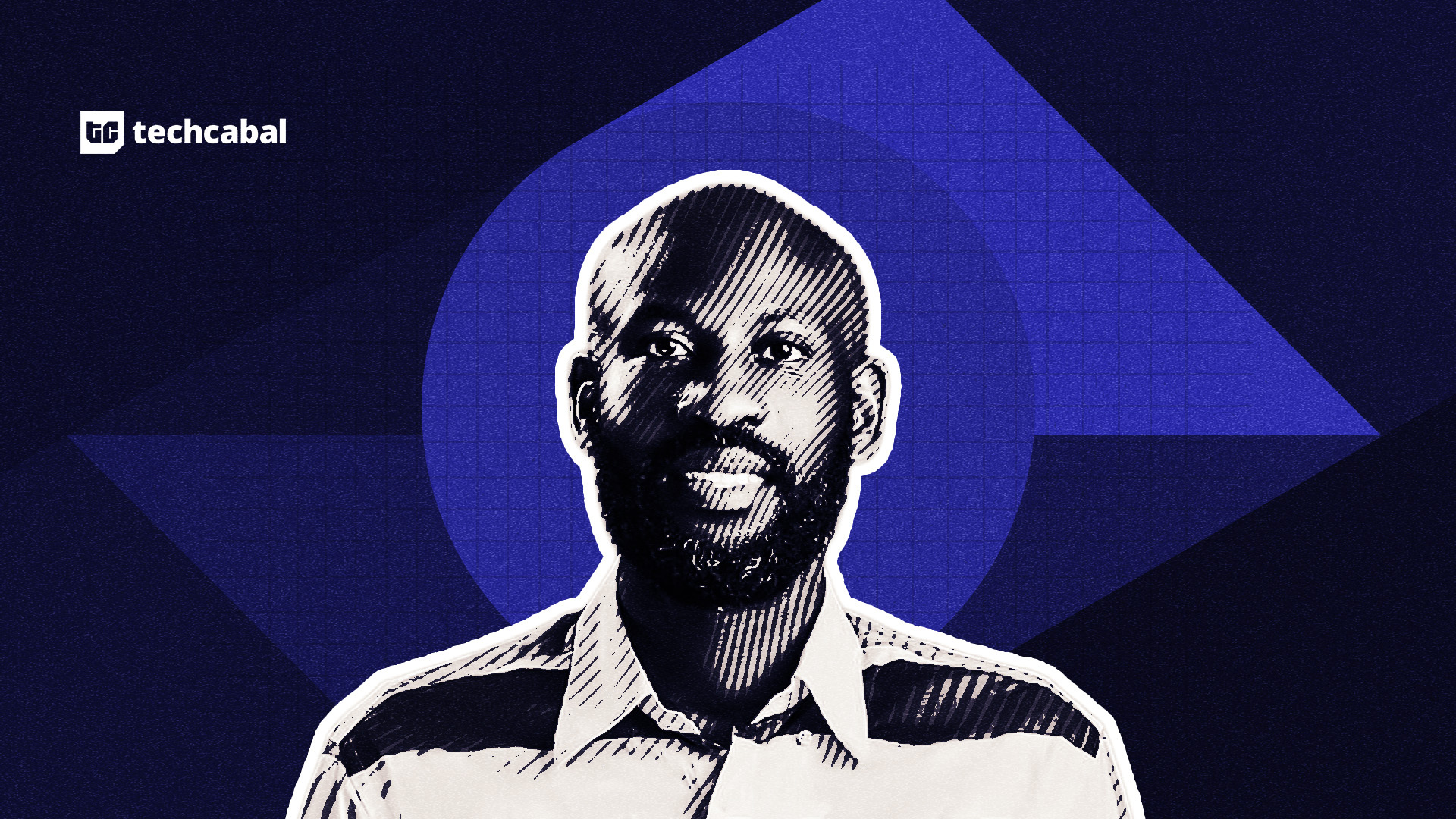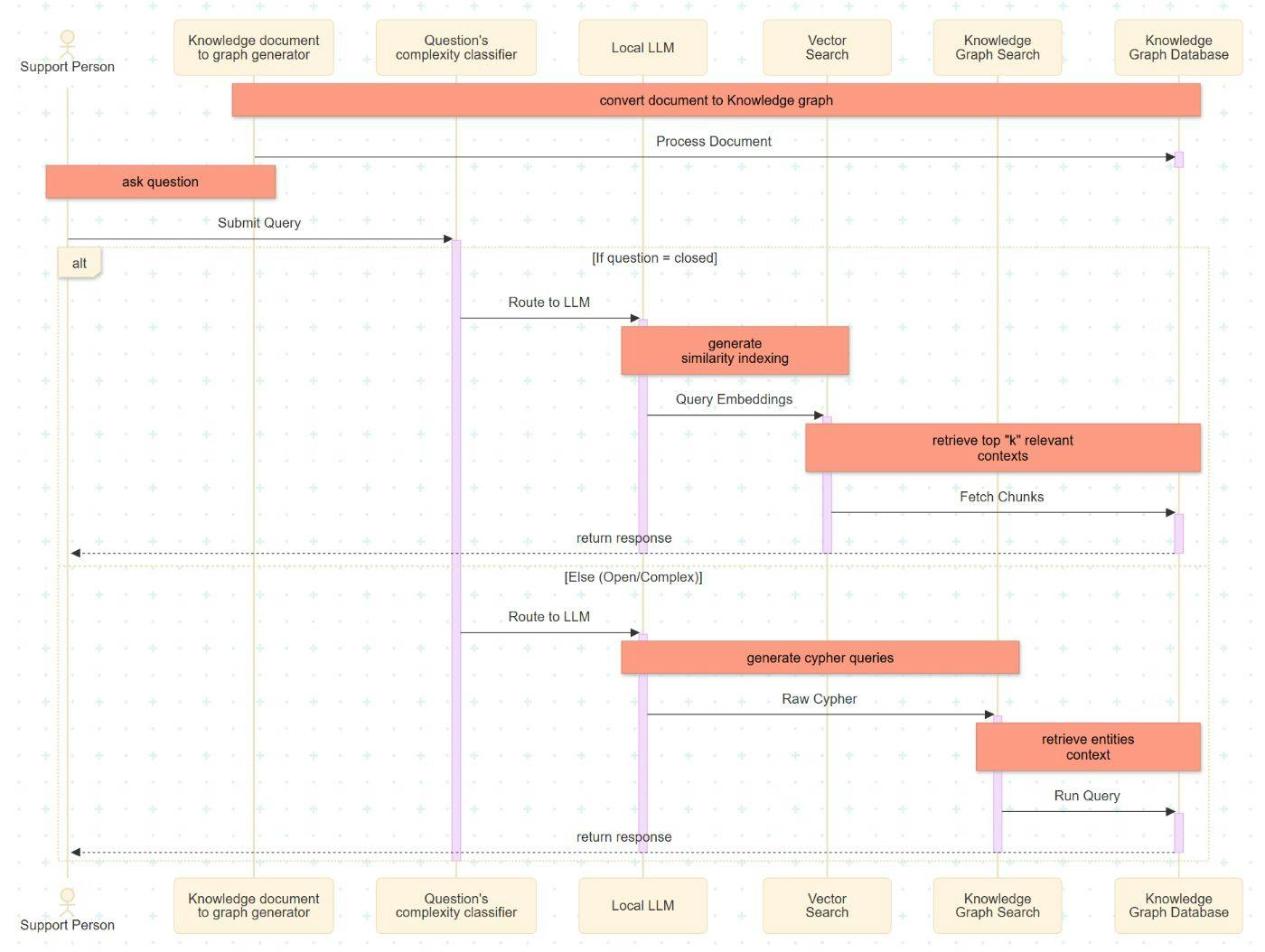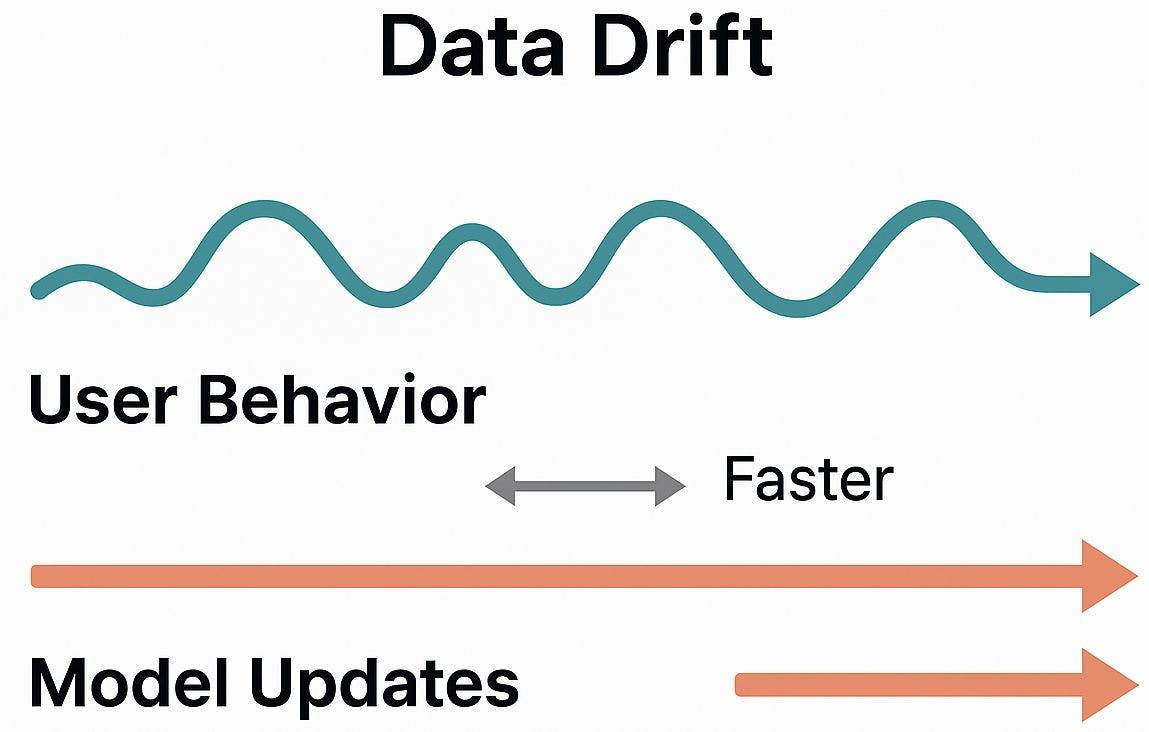Nigerian 3D animator, Uchenna Gilbert Okiya’s journey into 3D animation and creative technology begins where stories of many African creatives do: found inspiration in local and accessible culture. An “’80s kid” fascinated by comics, cartoons, and reading, Okiya graduated to tinkering with computers in the late ’80s and early ’90s, drawing inspiration from the creative ecosystem around him in Lagos.
“Like most creatives, I started from reading, watching cartoons, and just being inspired by the things around me,” Okiya says. “People were into computers or graphics or photography at the time.”
This environment channelled his youthful imagination into art and technology. He began with Photoshop for image editing, moved into animation, and spent five years as a game developer before dedicating himself fully to animation and, crucially, education.
Today, Okiya is not defined merely by his work as an artist, but by his tenure as an educator committed to eradicating the painful struggles of learning that once characterised his own path.
The tenure of mastery
True mastery in Okiya’s field was forged not in a classroom—he studied Computer Science and Management in university—but through the rigorous self-discipline required to navigate the industry.
In the early 2000s, before accessible platforms like YouTube existed, acquiring specialised knowledge was a daunting, physical undertaking.
“We didn’t have anybody teaching us. The internet was just coming up,” he explains. “I remember, I used to travel to Ikeja just to find out information about After Effects on Photoshop from the people who knew how to create at the time. I was in Ogun state back then trying to gain admission, but my soul was in 3D animation, so I would sneak back to Lagos to learn.”
This era of scarcity left a profound mark, ultimately defining his professional trajectory and creating a deep appreciation for the value of structured teaching. His current proficiency, he notes, was solidified only once he transitioned into teaching full-time, starting around 2016, through opportunities with outfits like Wifi Combat Academy, a digital incubation hub offering a variety of edutech solutions to institutions and schools.
“Constantly doing it from 2016 to now just made me proficient,” Okiya says. This tenure culminated in a globally recognised validation of his technical and instructional skill: he is one of four Nigerians who hold the prestigious Unreal Engine Authorised Instructor (UAI) certification.
The Unreal Engine Authorised Instructor (UAI) certification is awarded by Epic Games, developers of the popular Fortnite games. It is important because it gives animators industry relevance, and it means being recognised by Epic Games as a verified expert capable of teaching Unreal Engine at a professional level. The credential sits above technical certifications, representing both mastery and mentorship, which is why studios, schools, and learning institutions hold it in such high regard. To become certified, 3D professionals need to complete the Unreal Engine skills test with a passing grade of at least 80% and submit two videos that illustrate their teaching methods, production workflow, and Unreal Engine skills.
“Unlike many software certifications that focus only on button-pushing, the UAI focuses on real-world application on how you integrate Unreal Engine into production workflows, design pipelines, or classroom contexts,” Okiya says. Regarding why only four Nigerians have the certification, he says he thinks “a lot of people don’t know about it or how useful it can be to them.”
Building the next generation
Okiya’s transition from creative practitioner to educator was born out of passion and a desire to ensure the current crop of creative youth avoids the stressful learning curve of his own time.
“When I realised I could teach, it became a new passion and drive to make sure the younger generation doesn’t suffer the way I suffered to learn these tools. And it drove me to create a better curriculum. It drove me to become one of the most sought-after [animation teachers in Lagos] because most people call me to teach for them, because of how I deliver,” Okiya says.
The pivot to teaching also provided him with something he realised he deeply valued: a stable career path and consistency. He chose his current role as Deputy Head Lecturer at Yapi, a MasterCard-funded program where he now teaches, over the potentially higher but inconsistent income of freelance jobs.
He frames this choice as strategic career planning: “The more I teach, the more I realise that I have a career, and I get a promotion. Now I’m a deputy head lecturer, and with time, I want to start a school that runs with a curriculum tailored for producing world class animations for a global audience on an affordable budget. For me, it’s not about the big money. Consistency of cash flow and career was important for me”
Beyond structuring career progression, Okiya’s teaching philosophy centres on inspiration and practical relevance. He continues to engage in personal animation projects to demonstrate his capabilities to his students.
“If you’re teaching animation, the students expect their teacher to be a very good administrator who has proven himself across many fields. I’m always making personal projects, posting online and showing off my work, just so that my students can get inspired and see that I’m not just all talk,” Okiya says.
Among Okiya’s projects are his lip sync animation and elder’s cave, which can be found on his YouTube channel, Gbosaman.
He also focuses actively on making knowledge accessible to marginalised groups, highlighting his initiative to create a specialised YouTube channel for deaf and dumb individuals, collaborating with sign language experts, because, as he observed, “nobody makes content for deaf and dumb people to learn 3D animation and graphics”.
newsletter
African sovereignty in animation and design
Okiya’s grand vision extends far beyond technical instruction; he aims to fundamentally localise and decolonise the creative tech industry in Africa, insisting on authentic representation of African characters and stories.
His most ambitious plan in this area involves addressing a critical technology gap: the lack of local motion capture data in Africa. He has since begun developing a catalogue of authentic Nigerian motion performances, capturing actions and gestures that’ll provide animators with the raw data needed to make authentic African animations. This initiative is launching under the name wegorigam, coined from a local pidgin expression which translates to the industry term “rigging”. Though the website is not live yet, he plans to launch early next year, and he plans on sharing it this year with African animators so they can test it and provide him with feedback.
“I’m cataloguing and capturing Nigerian motion performances that I want to start making available for downloads to tell our own authentic case,” Okiya says.
He’s also determined to break the language barrier that prevents many talented Nigerians from entering the sector. His next big goal is to teach 3D animation and graphics in local languages, including Pidgin English, Hausa, and Yoruba. He argues that teaching in English limits the reach of the industry.
“There’s this boy in Enugu that approached me in 2023, who wanted to learn animation graphics. We started the class, and I noticed he was struggling. He said, ‘English is just too much for me’.” Okiya switched to teaching in the Igbo language: “We tried that, and he excelled seriously. He started working as a graphic artist and even went back to school to study.”
This belief in the untapped potential of the informal sector drives Okiya’s mission. By translating high-end software training into local languages, he believes he can unleash the immense, inherent creativity of Nigerians.
“The reason why countries like China can be bigger than us is because they teach in their local language. We are here teaching in English. English is not a local language,” Okiya says. “I want to teach [in] the local language. I want to be the most recognised teacher in Africa, and I want to get to a level where Nigeria is one of the biggest [animation] markets in the world.”
READ NEXT:









